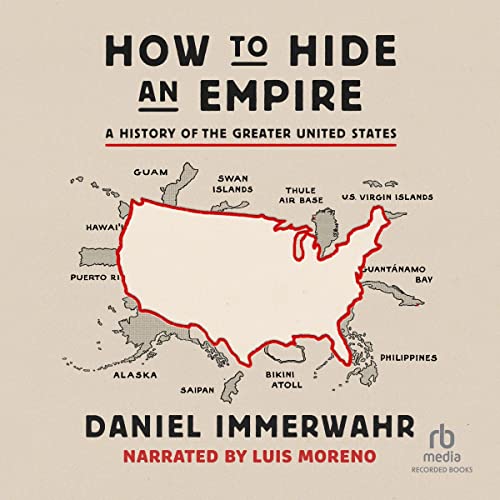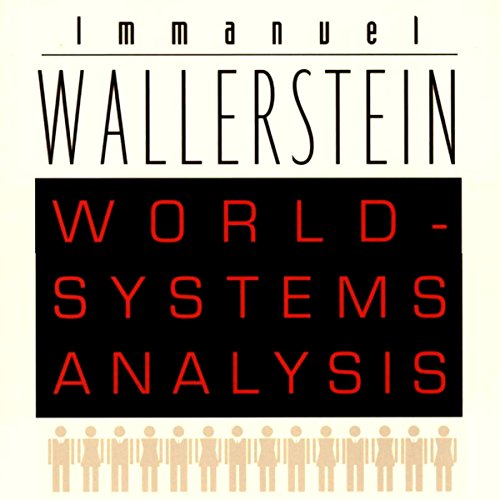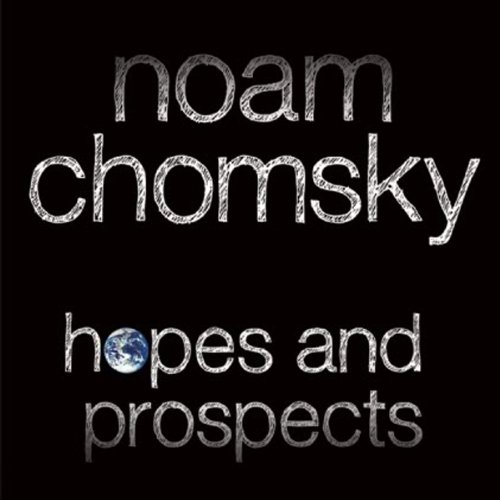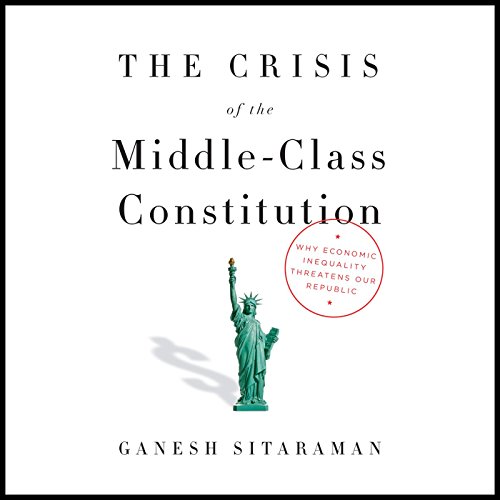 Enjoy this audiobook free + more
Enjoy this audiobook free + more
Free title with your free trial!
$0.00$0.00
- Click above to get a preview of our newest plan - unlimited listening to select audiobooks, Audible Originals, and podcasts.
- You will get an email reminder before your trial ends.
- $7.95$7.95 a month after 30 days. Cancel online anytime.
Buy
-13% $18.80$18.80
 Preview
Preview Globalists: The End of Empire and the Birth of Neoliberalism
 Audible Audiobook
– Unabridged
Audible Audiobook
– Unabridged
Neoliberals hate the state. Or do they? In the first intellectual history of neoliberal globalism, Quinn Slobodian follows a group of thinkers from the ashes of the Habsburg Empire to the creation of the World Trade Organization to show that neoliberalism emerged less to shrink government and abolish regulations than to redeploy them at a global level.
Slobodian begins in Austria in the 1920s. Empires were dissolving and nationalism, socialism, and democratic self-determination threatened the stability of the global capitalist system. In response, Austrian intellectuals called for a new way of organizing the world. But they and their successors in academia and government, from such famous economists as Friedrich Hayek and Ludwig von Mises to influential but lesser-known figures such as Wilhelm Röpke and Michael Heilperin, did not propose a regime of laissez-faire. Rather they used states and global institutions - the League of Nations, the European Court of Justice, the World Trade Organization, and international investment law - to insulate the markets against sovereign states, political change, and turbulent democratic demands for greater equality and social justice.
Far from discarding the regulatory state, neoliberals wanted to harness it to their grand project of protecting capitalism on a global scale. It was a project, Slobodian shows, that changed the world, but that was also undermined time and again by the inequality, relentless change, and social injustice that accompanied it.
- Listening Length11 hours and 15 minutes
- Audible release dateJune 12, 2018
- LanguageEnglish
- ASINB07DFMPWGV
- VersionUnabridged
- Program TypeAudiobook
 Read & Listen
Read & Listen
Get the Audible audiobook for the reduced price of $7.49 after you buy the Kindle book.
People who viewed this also viewed
- Audible Audiobook
- Audible Audiobook
- Audible Audiobook
- Audible Audiobook
- Audible Audiobook
People who bought this also bought
- Audible Audiobook
- Audible Audiobook
- Audible Audiobook
- Audible Audiobook
- Audible Audiobook
Related to this topic
- Audible Audiobook
- Audible Audiobook
- Audible Audiobook
- Audible Audiobook
- Audible Audiobook
Product details
| Listening Length | 11 hours and 15 minutes |
|---|---|
| Author | Quinn Slobodian |
| Narrator | Joe Barrett |
| Whispersync for Voice | Ready |
| Audible.com Release Date | June 12, 2018 |
| Publisher | Tantor Audio |
| Program Type | Audiobook |
| Version | Unabridged |
| Language | English |
| ASIN | B07DFMPWGV |
| Best Sellers Rank | #49,325 in Audible Books & Originals (See Top 100 in Audible Books & Originals) #10 in Globalization Money & Finance #81 in Economic History (Audible Books & Originals) #86 in Economic Policy |
Customer reviews
Customer Reviews, including Product Star Ratings help customers to learn more about the product and decide whether it is the right product for them.
To calculate the overall star rating and percentage breakdown by star, we don’t use a simple average. Instead, our system considers things like how recent a review is and if the reviewer bought the item on Amazon. It also analyzed reviews to verify trustworthiness.
Learn more how customers reviews work on AmazonTop reviews from the United States
There was a problem filtering reviews right now. Please try again later.
- Reviewed in the United States on July 2, 2024Quinn Slobodian does an excellent job highlighting the evolution of neoliberal thought and practice from its inception. Globalists challenges the tendency to look at neoliberalism as a process of 'unfettering' or 'liberating' markets from political constraints. Instead, Slobodian, whose arguments center the Geneva School theorists and their followers rather than critics of neoliberal thought, makes the case that encasement is a more apt metaphor. Instead, Slobodian tells readers that in order to understand the neoliberal project, it is more useful to examine the qualitative ('what kind of state') rather than the quantitative ('how much state').
- Reviewed in the United States on January 1, 2019The author explicates how with Hayek and von Mises the economics of the central Europe has had a development, such that we can consider it a true entry in the modernity. The structures which the new-liberalism introduced were truly important for allowing the social progress. So some politicians have had the way for following particular models, which also today are considered with interest by many experts. The result is that the globalization has given to the several countries the same possibility . This competence has a strong value, because the author has a clear style and an efficient vision of the reality.
- Reviewed in the United States on October 18, 2018This was a very informative history of the birth and maturity of the neoliberal movement in economic thought. It was also interesting to see the evolution of Hyak’s thought process and influences, although the book was much more than this.
- Reviewed in the United States on May 25, 2024This book plunges into the deep foundations of what is now known as neoliberalism and sheds revelatory light on an important concept that has been influencing western culture and society for decades, for the most part without conscious awareness by the general public. Surprisingly the roots are quite different from what I had picked up from other books.
- Reviewed in the United States on December 15, 2019Wonderfully researched and written, and highly illuminating reconstruction of the intellectual contributions and influence of the so-called Geneva school of neo-liberal globalists in the inter-war and post war years.
- Reviewed in the United States on November 14, 2018Anybody interested in global trade, business, human rights or democracy today should read this book.
The book follow the Austrians from the beginning in the Habsburgischer empire to the beginning rebellion against the WTO. However, most importantly it follows the thinking and the thoughts behind the building of a global empire of capitalism with free trade, capital and rights. All the way to the new “human right” to trade. It narrows down what neoliberal thought really consist of and indirectly make a differentiation to the neoclassical economic tradition.
What I found most interesting is the turn from economics to law - and the conceptual distinctions between the genes, tradition, reason, which are translated into a quest for a rational and reason based protection of dominium (the rule of property) against the overreach of imperium (the rule of states/people). This distinction speaks directly to the issues that EU is currently facing.
- Reviewed in the United States on September 9, 2019A great history of neoliberalism and its main actors. Highly recommend it.
- Reviewed in the United States on January 7, 2020Challenges conventional historical thinking on the “birth” of Neoliberalism, Slobodian creates an incredibly informative narrative. One of the best books on Neoliberalism that I’ve read.
Top reviews from other countries
 FezzReviewed in the United Kingdom on July 26, 2023
FezzReviewed in the United Kingdom on July 26, 20235.0 out of 5 stars a comprehensive review
fantastically researched and clearly presented.
 KimyReviewed in Canada on November 16, 2020
KimyReviewed in Canada on November 16, 20205.0 out of 5 stars A detailed and well researched book.
This book gave me a more clear understanding of "neoliberalism" and its development over the past 100 years.
-
 Carlos de la CanalReviewed in Mexico on January 26, 2020
Carlos de la CanalReviewed in Mexico on January 26, 20205.0 out of 5 stars Texto fundamental para comprender el liberalismo
Extraordinario esfuerzo por relatar el devenir del liberalismo
-
 Pawel DilmotReviewed in Italy on August 5, 2018
Pawel DilmotReviewed in Italy on August 5, 20185.0 out of 5 stars Un nuovo paradigma
Il testo, molto ben costruito e con ricchezza di citazioni, tenta di formulare un nuovo paradigma nell'analisi della nascita del Neoliberismo. Il fenomeno è rimasto segnato dalle analisi che ne fece Karl Polanyi ma ora Slobodian affronta la storia e le idee di questo movimento lasciando molto spazio all'influenza della Mont Pelerin Society e all'apporto dei giuristi e degli economisti europei. Leggeremo molte cose su Von Hayek, sul suo maestro Von Mises ma anche su Ropke e meno sugli astri americani del movimento.
 Shahram ChubinReviewed in Germany on November 13, 2022
Shahram ChubinReviewed in Germany on November 13, 20221.0 out of 5 stars A very academic treatise of limited interest to the general reader or the intelligent public.
Far too narrow an emphasis on the subject and little analysis of the consequences of neo-liberlaism




















